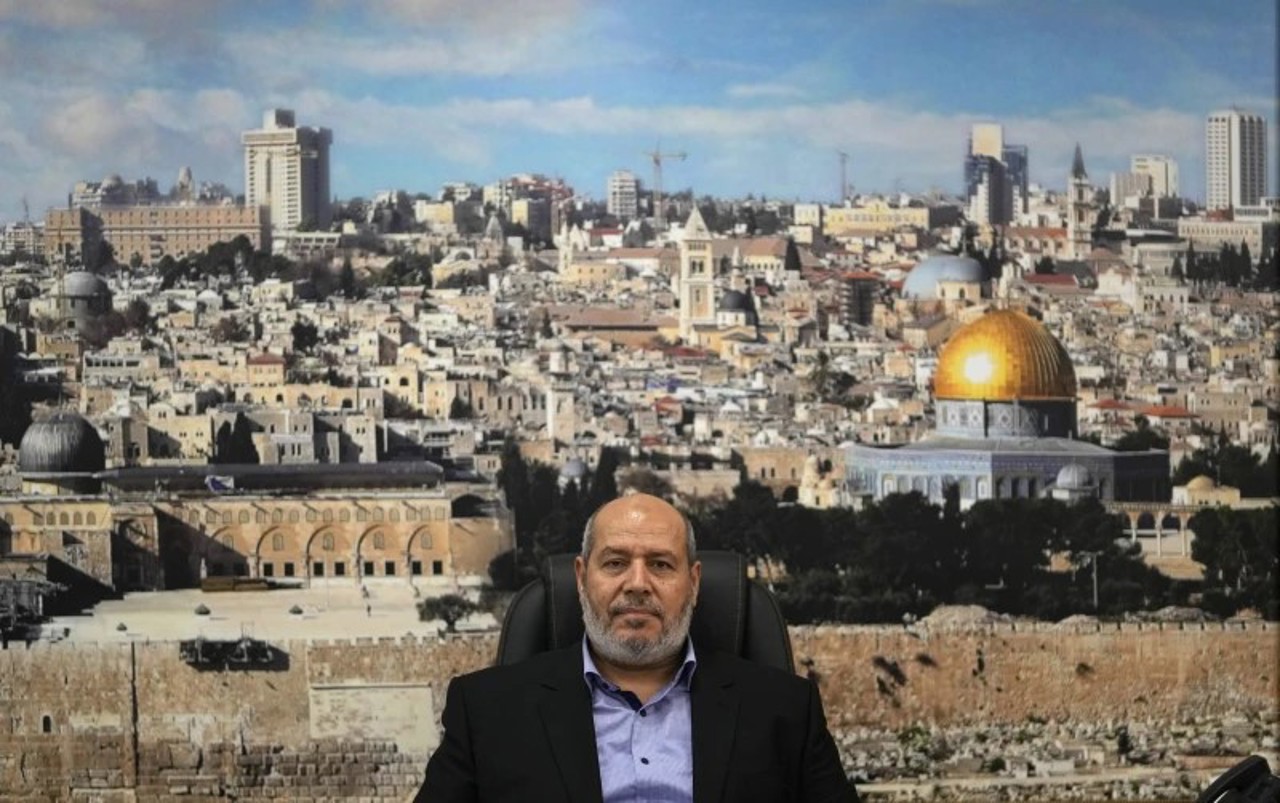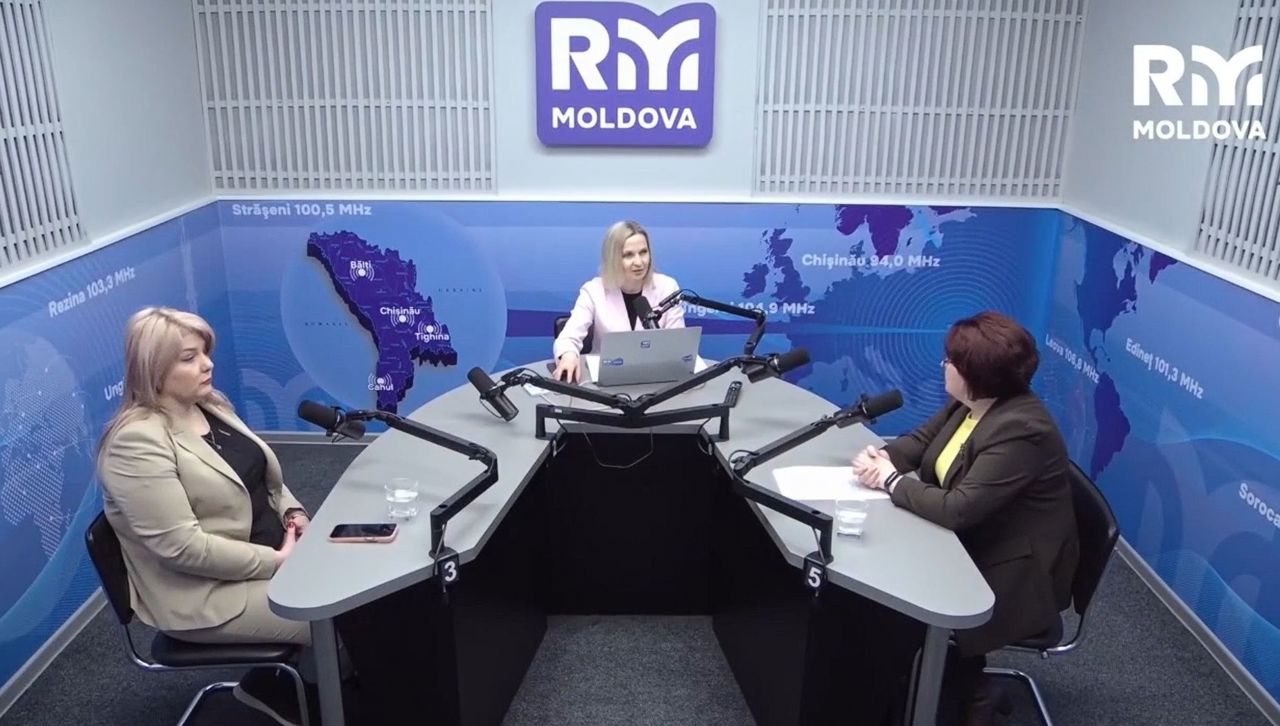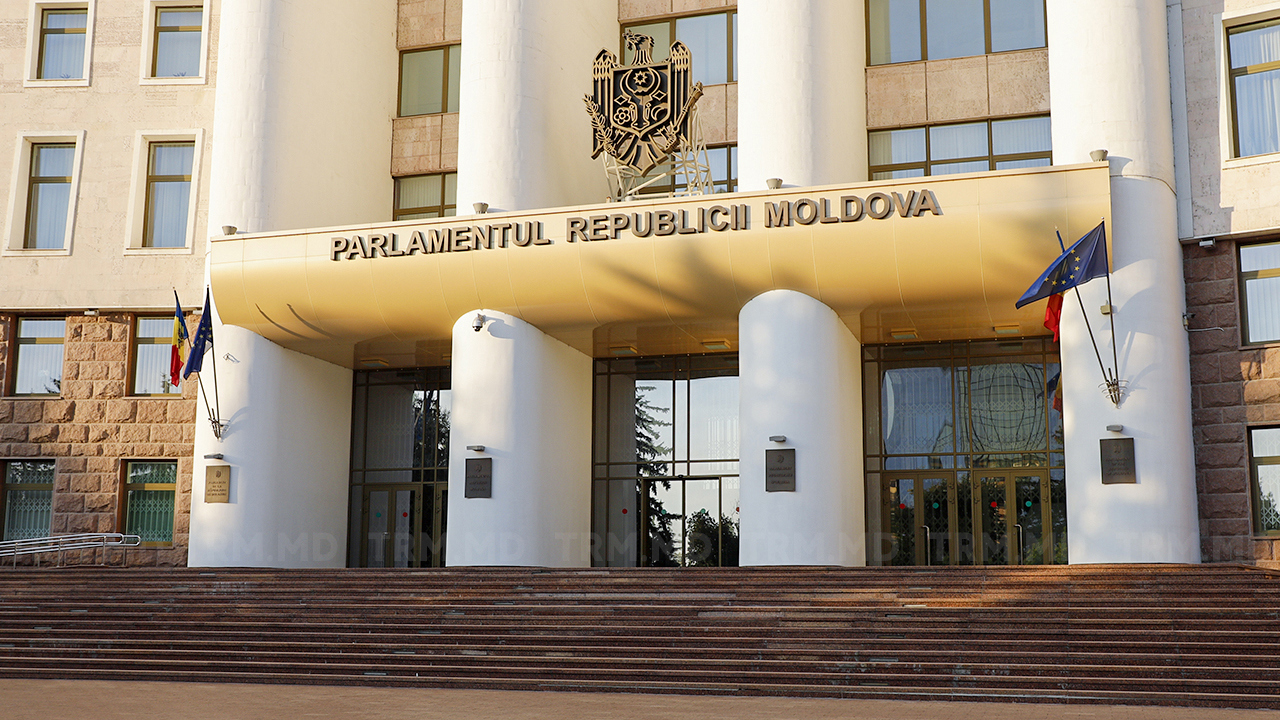Hamas Ready for Ceasefire: Willingness to Disarm and Transition
A political figure of Hamas conveyed to The Associated Press that the Islamic militant organisation is prepared to entertain a ceasefire lasting five years or more with Israel.

Furthermore, they expressed willingness to lay down arms and transition into a political entity provided an independent Palestinian state is established along the pre-1967 borders.
These statements, articulated by Khalil al-Hayya in a recent interview, come amidst protracted negotiations for a Gaza ceasefire, currently deadlocked. The suggestion of Hamas disarming represents a notable concession from a group officially committed to Israel's destruction.
However, it is improbable that Israel would entertain such a proposition. Israel has pledged to dismantle Hamas following the deadly attacks of October 7th, which sparked the conflict. Moreover, Israel's current leadership staunchly opposes the creation of a Palestinian state within the territories occupied in the 1967 Middle East War.
Al-Hayya, a senior Hamas official involved in ceasefire negotiations and hostage exchanges, struck a sometimes defiant, sometimes conciliatory tone. Speaking from Istanbul to AP, he expressed Hamas's desire to join the Palestine Liberation Organization, led by rival faction Fatah, to establish a unified government for Gaza and the West Bank.
He affirmed Hamas's willingness to accept "a fully sovereign Palestinian state in the West Bank and Gaza Strip, along with the return of Palestinian refugees in accordance with international resolutions," within Israel's pre-1967 borders. In the event of such an agreement, he stated that Hamas's military wing would dissolve.
"The historical precedent of liberation movements transitioning into political entities upon achieving independence and statehood is undeniable," contends the Hamas official. Over time, Hamas has occasionally moderated its public stance regarding the possibility of a Palestinian state alongside Israel. However, its political platform remains steadfast in rejecting any alternative to the complete liberation of Palestine, encompassing the region from the Jordan River to the Mediterranean Sea.
There has been no immediate response from Israel or the Palestinian Authority, the internationally recognized government displaced by Hamas's seizure of Gaza in 2007. Subsequent to winning Palestinian parliamentary elections, Hamas retained control of Gaza, while the Palestinian Authority continued administering semi-autonomous areas in the Israeli-occupied West Bank.
The Palestinian Authority aspires to establish an independent state in the West Bank, East Jerusalem, and Gaza, territories captured by Israel in the 1967 Middle East War. Despite overwhelming international support for a two-state solution, Israeli Prime Minister Benjamin Netanyahu's government adamantly opposes it.
The Gaza conflict has persisted for nearly seven months, with ceasefire negotiations currently at an impasse. Commencing with the lethal attack on southern Israel on October 7th, carried out by Hamas-led militants resulting in approximately 1,200 casualties, predominantly civilians. Militants seized approximately 250 hostages in the enclave.
According to local health authorities, Israeli airstrikes and subsequent ground offensives in Gaza claimed over 34,000 Palestinian lives, predominantly women and children, displacing roughly 80% of Gaza's 2.3 million population.
Translation by Iurie Tataru






